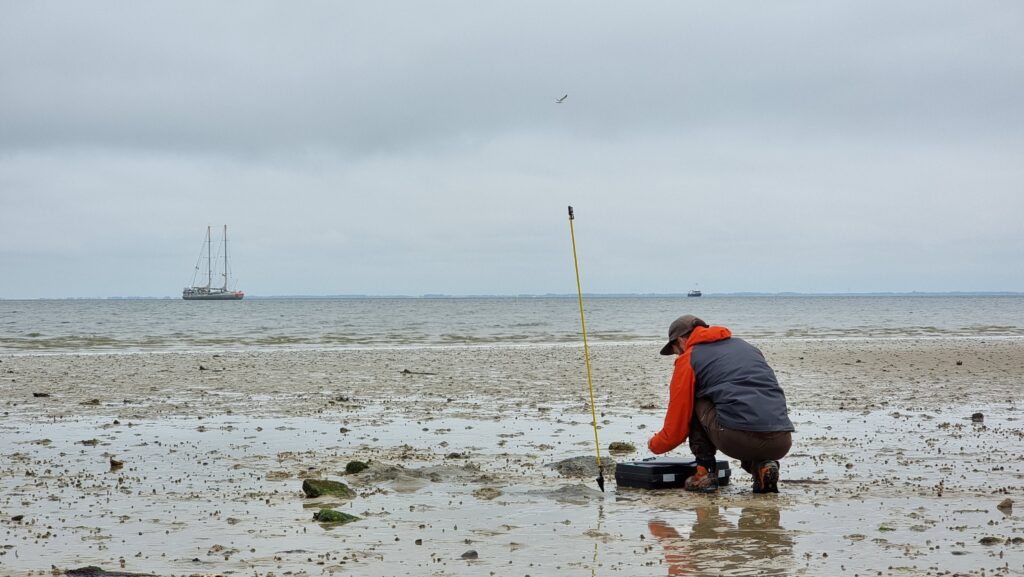Central to BIOcean5D is a one-of-a-kind set of samples collected from across the European coastline and land-sea interface, to understand how marine life changes with space, time and human impact.
These samples are collected by scientists from the TREC expedition (Traversing European Coastlines), a cooperation between EMBL, the Tara Ocean Foundation and over 70 partners. Samples are collected from inland and coastal soils, sediments and shallow waters, by EMBL mobile labs, and coastal and off-shore waters, by the Tara schooner, enabling the study of the land-to-sea gradient across Europe.
Across 2023 and 2024, TREC will visit more than 120 sampling stations across Europe’s coastline, gathering biological samples and environmental data.
In July, the collaboration marked an impressive milestone: more than 15,000 samples collected from across 12 countries.
 Credit: Joanna Zukowska / EMBL
Credit: Joanna Zukowska / EMBL
At each site, the team on Tara performs 50 different protocols to collect coastal waters and aerosols, while the team working onshore in EMBL’s mobile labs collects samples of shallow water, sediments and soils. Around 400 samples are collected at each site and later analysed for biological, biophysical and biochemical properties, including an assessment of the regional biodiversity, from viruses to animals.
“It’s been a fun and complex challenge adjusting to the land-sea sample collection interface,” says Colomban de Vargas, BIOcean5D project deputy director and scientific project coordinator, and Research Director at CNRS / Sorbonne Université. “Thanks to everyone involved, on land and at sea, we’ve been able to realise this remarkable sample dataset in synchrony.”
The TREC expedition around the coasts of 15 countries began in 2023, with EMBL’s mobile labs leaving Heidelberg, Germany, in March and Tara leaving Lorient, France in April.
Keep an eye on its progress, including opportunities for engagement, in this interactive map.